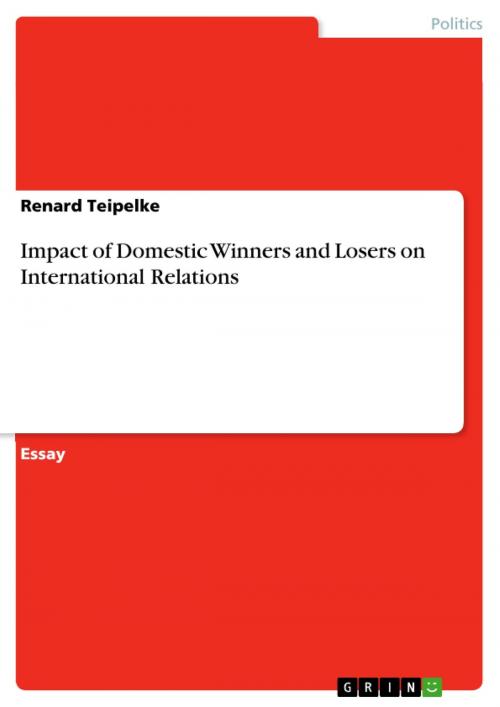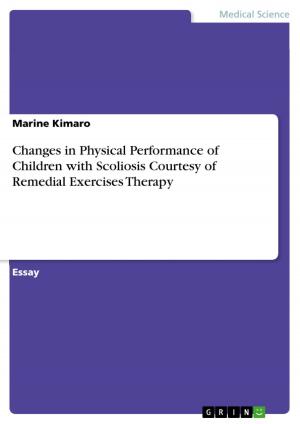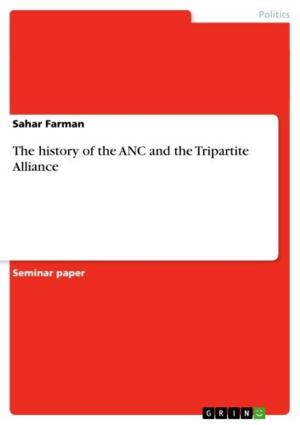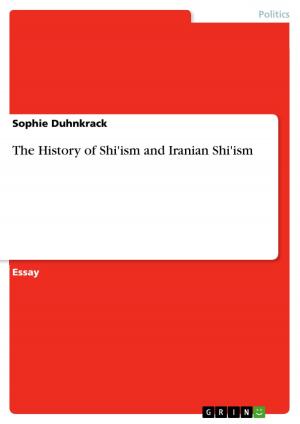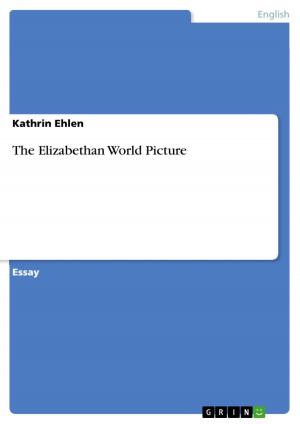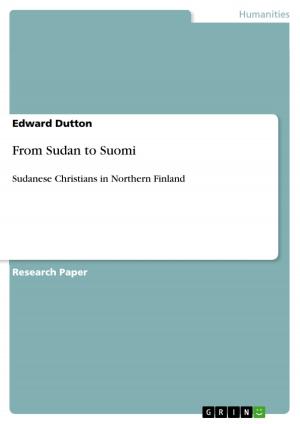Impact of Domestic Winners and Losers on International Relations
Nonfiction, Social & Cultural Studies, Political Science, International, International Relations| Author: | Renard Teipelke | ISBN: | 9783640659340 |
| Publisher: | GRIN Publishing | Publication: | July 9, 2010 |
| Imprint: | GRIN Publishing | Language: | English |
| Author: | Renard Teipelke |
| ISBN: | 9783640659340 |
| Publisher: | GRIN Publishing |
| Publication: | July 9, 2010 |
| Imprint: | GRIN Publishing |
| Language: | English |
Essay from the year 2010 in the subject Politics - International Politics - General and Theories, grade: 1,0, University of California, San Diego (Department of Political Science), course: Introduction to International Relations, language: English, abstract: In the analysis of international relations, states are often described as single actors cooperating and/or bargaining with each other. However, a closer look at domestic forces reveals their impact on a country's leadership to act on the international level in a certain way. In the following essay, I will explain what impact domestic winners and losers can have on making cooperation or conflict between states more likely. I will show that narrow interests of (prospective) winners or losers are hardly able to influence a country's general interest for national security or economic progress, but can make themselves heard in particular policy fields. By structuring the discussion along the issue areas of war, globalization, and environment, I will explain the relevance of power structures as well as political systems for domestic winners and losers' potential to influence international interactions.
Essay from the year 2010 in the subject Politics - International Politics - General and Theories, grade: 1,0, University of California, San Diego (Department of Political Science), course: Introduction to International Relations, language: English, abstract: In the analysis of international relations, states are often described as single actors cooperating and/or bargaining with each other. However, a closer look at domestic forces reveals their impact on a country's leadership to act on the international level in a certain way. In the following essay, I will explain what impact domestic winners and losers can have on making cooperation or conflict between states more likely. I will show that narrow interests of (prospective) winners or losers are hardly able to influence a country's general interest for national security or economic progress, but can make themselves heard in particular policy fields. By structuring the discussion along the issue areas of war, globalization, and environment, I will explain the relevance of power structures as well as political systems for domestic winners and losers' potential to influence international interactions.
